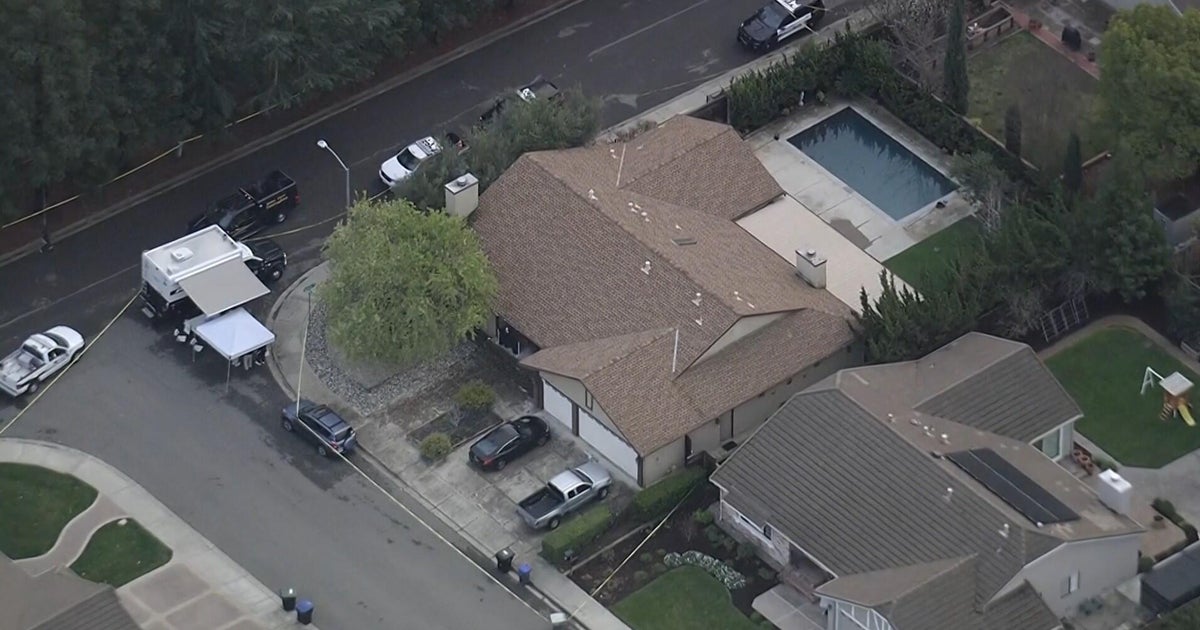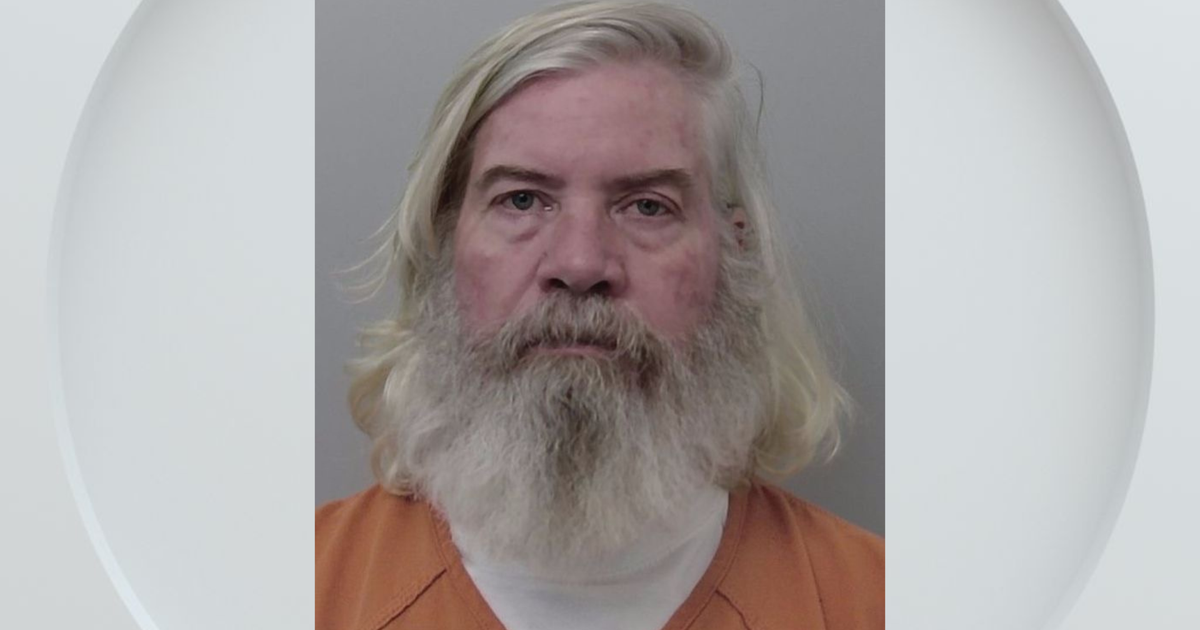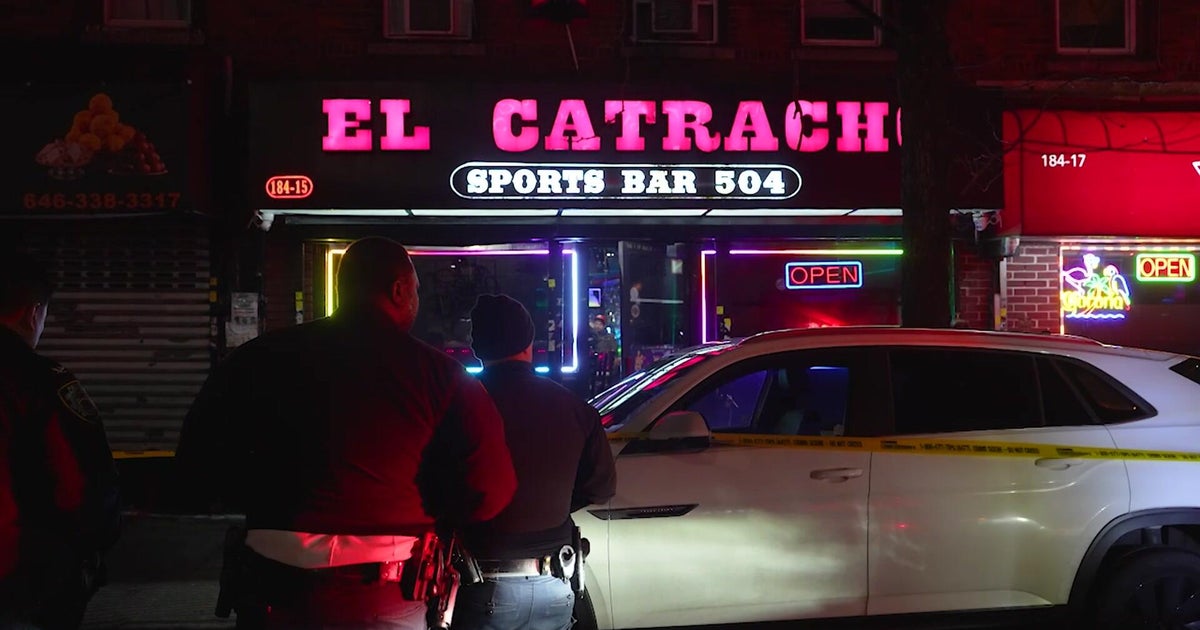Brother says arrest could be coming in 2004 cold-case murder of Kevin Clewer
CHICAGO (CBS) -- The brutal murder of Kevin Clewer shook Chicago in 2004.
The 31-year-old was stabbed to death after a night out in the Northalsted District. His family has never stopped fighting for answers.
As CBS 2's Charlie De Mar reported Tuesday night, hardened Chicago Police homicide detectives referred to the brutal crime as an "assault on the conscience." For nearly 20 years, police have not been able to make an arrest – and the Cook County State's Attorney's office has needed more evidence.
But a Facebook message sent to the victim's brother may end up being the break in the case.
Clewer's body was found by his father on Wednesday, March 24, 2004, in his third-floor apartment in at 3444 N. Elaine Pl. His family said he had been at the clubs on Halsted Street the night before, and his family became concerned and came to check on him when he didn't show up for work.
Clewer's father found his son's lifeless and naked body, covered only with a robe.
Clewer would have turned 51 this past April.
Now, Clewer's brother, Ron Clewer, has hope that the case may soon be solved - and an arrest could be imminent.
"Being optimistic, I think they're very close," said Ron Clewer. "Being realistic, I know they're very close."
For nearly 20 years, Ron Clewer has passed out flyers around the Northalsted neighborhood – and worked tirelessly to find those responsible for brutally killing his brother.
"This homicide is close to us, and this is my brother," said Ron Clewer, "and we're going to keep going until we all get the answers we need."
The answer may have come in the form of a Facebook message Ron Clewer received in 2020. He said the Chicago Police detective working the case told him he thought it was a "legitimate lead."
"They know stuff that others don't know, and so he followed up on that lead - and that led to the identification of the person who is 'Fernando,'" said Ron Clewer.
Witnesses from the night of Kevin Clewer's murder said he met a man who introduced himself as Fernando. After visiting Northalsted bars – Sidetrack, Roscoe's, and the since-demolished Little Jim's – they went back to Kevin Clewer's apartment on Elaine Place.
There, Clewer was stabbed 40 times in the back.
Police announced in June 2004 that they had identified a person of interest known as "Fernando" – and released a sketch of him. Images of that sketch in community alerts have remained posted in some North Halsted Street businesses ever since.
But the investigation stalled.
Kevin Clewer's parents, Jim Clewer and Pam Cunningham, distributed tens of thousands of fliers with the sketch of "Fernando" and marched in the Chicago Pride Parade. But both died suddenly within a week of each other in 2005.
Since then, that sketch of "Fernando" has been all anyone has had to work with prior to the tip Ron Clewer received. He had created a Facebook page to re-publicize the sketch of "Fernando," and got the message there.
"It happened to be a former neighbor of the folks we all know as 'Fernando,'" said Ron Clewer.
Now, Chicago Police have identified and interviewed the man known as Fernando – along with another man possibly connected to the murder.
Both have ties to Puerto Rico.
"Not only did this individual come forward with information that seemed to be legitimate - it turned out it was legitimate," said Ron Clewer, "and that is crazy to me that it happened."
Detectives believe the name "Fernando" is an alias. He was previously cited for nonviolent offenses such as theft and prostitution.
Ron Clewer said identifying suspects is one thing – but securing charges is another.
"I'm very optimistic that we'll be able to say yes, this is, you know, these are the people," said Ron Clewer. "But will they be able to go to trial is another question, and that's the piece that has me worried."
In an effort to make the case stronger, Ron Clewer is asking anyone who may have known the potential suspects to come forward with any information they have.
Police are investigating if they were responsible for a string of similar attacks between 2003 and 2005.







